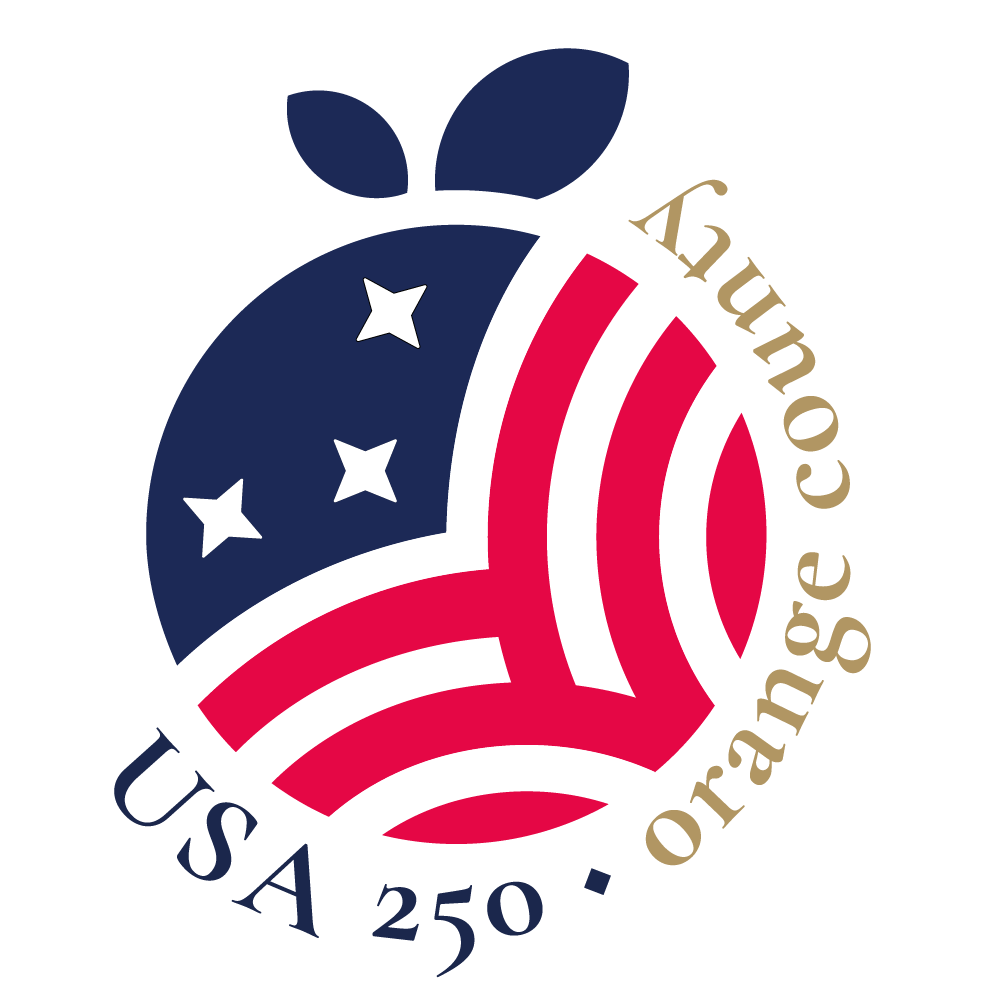Original SOurces & documents
When it gets down to basics, history is made up primarily of stories – stories about people and the times in which they lived. The lives of people and the major events of history are complex and often in the gray areas between simple judgments of right or wrong or good or bad. Official documents such as state papers, treaties, law codes, and similar works tell part of these stories, but so do personal letters and diaries, newspapers, and political pamphlets.
Wandering through original sources provides the context in which these stories took place, reveal contradictions and conflicts among historical actors, learn from the past to improve our future, and help us enhance our own critical thinking skills. Searching through original sources– documents created at the time period you are studying – can be addictive, but an addiction well worth it.
Consource
The Constitutional Sources Project (ConSource) connects hundreds of thousands of American citizens of all ages annually to rich constitutional history by creating a comprehensive, easily searchable, fully-indexed, and freely accessible digital library of historical sources related to the creation, ratification, and amendment of the United States Constitution. Its digital collections are supported by cutting-edge research led by the Quill Project at Oxford University and are enhanced with resources designed to meet the needs of scholars and legal practitioners, educators and students, journalists and the general public.
Mount Vernon
The collection includes hundreds of letters, maps, manuscripts, and other documents as well as archeological finds, database of the enslaved community, and educational resources.
History Skills
Primary and Secondary Sources Explained www.historyskills.com/source-criticism/analysis/source-kind-and-type/
Studying History www.historyskills.com/home/studying-history/
National Archives
Document Analysis Worksheets ww.archives.gov/education/lessons/worksheets
Center for the Study of the American Constitution
General Ratification Chronology csac.history.wisc.edu/wp-content/uploads/sites/281/2024/05/DC6-00-06_Gen.-Rat.-Chron_1786-1939.pdf
The collection of more than 70,000 original documents explores the Constitutional Convention, from the original instructions given to the delegates to the ratification of the Constitution and Bill of Rights. This most comprehensive collection includes documents from the Constitutional Convention; Constitutional debates; popular culture and ratification; ratification and religion; George Washington and the Constitution; European assessments of the Constitution; foundational documents of the Constitution; and creation and ratification of the Bill of Rights.
National Constitution Center
Engage with the Interactive Constitution constitutioncenter.org/the-constitution
Read the Constitution, followed by commentary offered by two scholars for each clause chosen by the Center from the American Constitution Society and the Federalist Society—America’s leading legal organizations representing different perspectives on the Constitution. These experts explore areas of agreement and disagreement about the Constitution’s text and history, how it’s been interpreted over time, and what it means today.
Founders’ Library constitutioncenter.org/the-constitution/historic-document-library
The National Constitution Center’s Founders’ Library includes primary texts that span American history—from the philosophical works that influenced the Founding generation to the most important speeches, essays, books, pamphlets, petitions, letters, court cases, landmark statutes, and state constitutions that have shaped the American constitutional tradition. To ensure nonpartisan rigor
and ideological diversity, they assembled a group of leading scholars from diverse perspectives to help choose the primary texts included in the Founders’ Library. They also included sources curated by the National Constitution Center team.
BILL OF RIGHTS INSTITUTE
Primary sources for U.S. History billofrightsinstitute.org/primary-sources
Text of the Declaration of Independence, the Constitution, and the Bill of Rights
with brief historical commentary.
FOUNDERS ONLINE
Through this website, you can read and search through thousands of records from
George Washington, Benjamin Franklin, Alexander Hamilton, John Jay, John Adams,Thomas Jefferson, and James Madison and see firsthand the growth of democracy and the birth of the Republic. In its initial phase, Founders Online contained nearly 120,000 fully searchable documents. Since then, thousands of additional documents have been added.
MASSACHUSETTS HISTORICAL SOCIETY
Thomas Jefferson Papers Online www.masshist.org/collections/jefferson
Adams Family Papers www.masshist.org/adams/adams-family-papers
COMPLETE ‘FEDERALIST PAPERS’ ONLINE
Published by the National Archives and Records Administration
THE AMERICAN PRESIDENCY PROJECT
Presidential Documents www.presidency.ucsb.edu/documents
Free online access to messages, speeches, executive orders, proclamations,
and more, totally more than 165,000 document, including George Washington’s
Farewell Address
George Washington’s Farewell Address
www.presidency.ucsb.edu/documents/farewell-address
THOMAS JEFFERSON’S MONTICELLO
Primary Sources www.monticello.org/research-education/foreducators/primarysources/
Hundreds of quotes, letters and document by and about Jefferson, including his role in drafting the Declaration of Independence.
NATIONAL ARCHIVES
Getting Started with Primary Sources www.loc.gov/programs/teachers/getting-
started-with-primary-sources/
History in the Raw www.archives.gov/education/history-in-the-raw.html
Documents–diaries, letters, drawings, and memoirs–created by those who
participated in or witnessed the events of the past tell us something that even the
best-written article or book cannot convey. This state-of the-art learning tool offers free access to texts, translations, and commentaries for all to engage in studying, interpreting, and shaping American political history. ContextUS is home to the core texts in the American political tradition.
Signing Their Rights Away: The Fame and Misfortune of the Men Who Signed the United States Constitution
A companion to their book about the signers of the Declaration of Independence, Kiernan and D’Agnese don’t focus solely on our well-known
Founders but relate fascinating information and contributions about those whose names have been clouded in the mists of history. The brief biographies of the thirty-nine men who signed the Constitution on September 17, 1787, reveal duels, problems with alcohol, disputes over slavery, personal triumphs and failures, and much more. We are reminded that even great men, pursuing great ends, can be as “quirky” and flawed as those we elect today.
Be Part of the Celebration
We encourage organizations, businesses, families, and individuals to join us in this historic celebration.
Together, we can honor our past, understand our present, and shape our future
Your financial support will enable us to develop and host educational programs, community events, and much more.
Every contribution helps us bring this celebration to life and reach more people.

